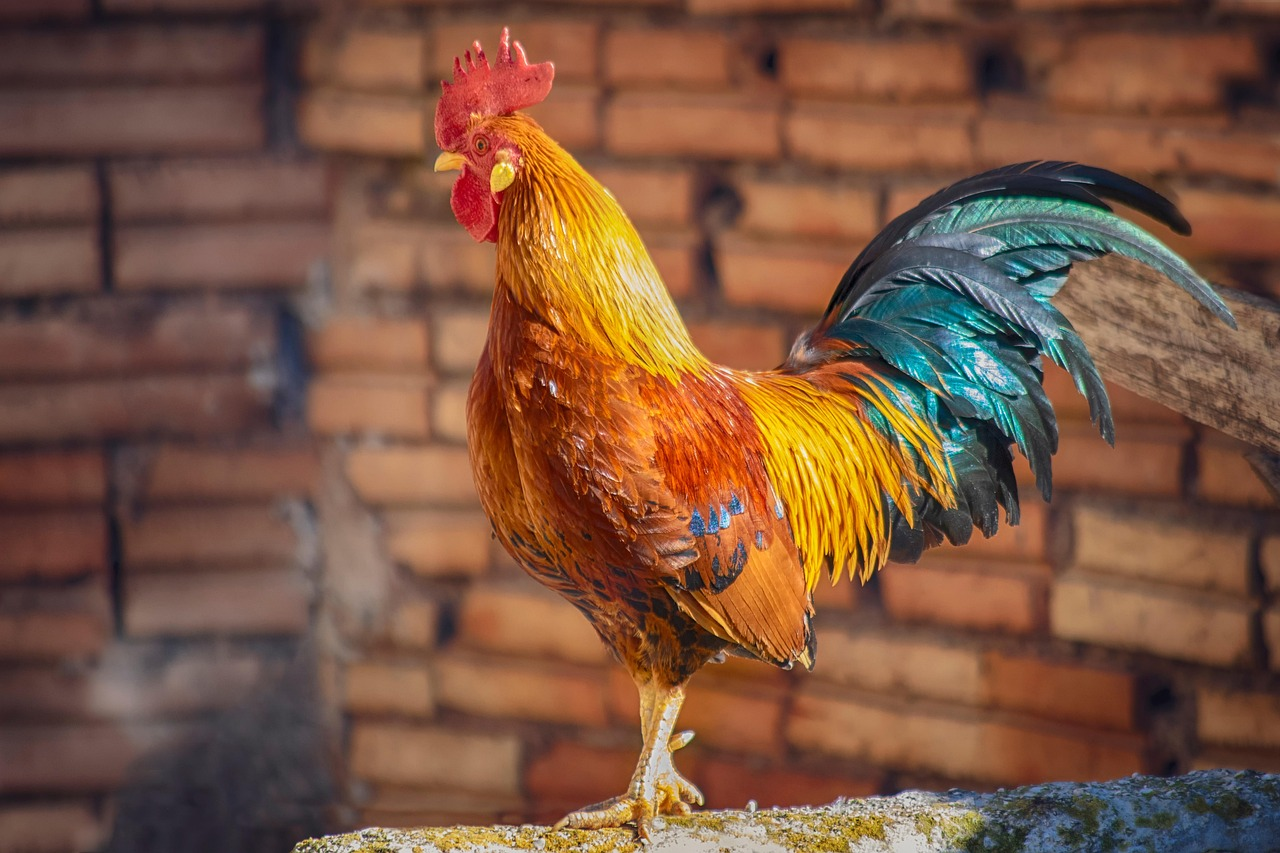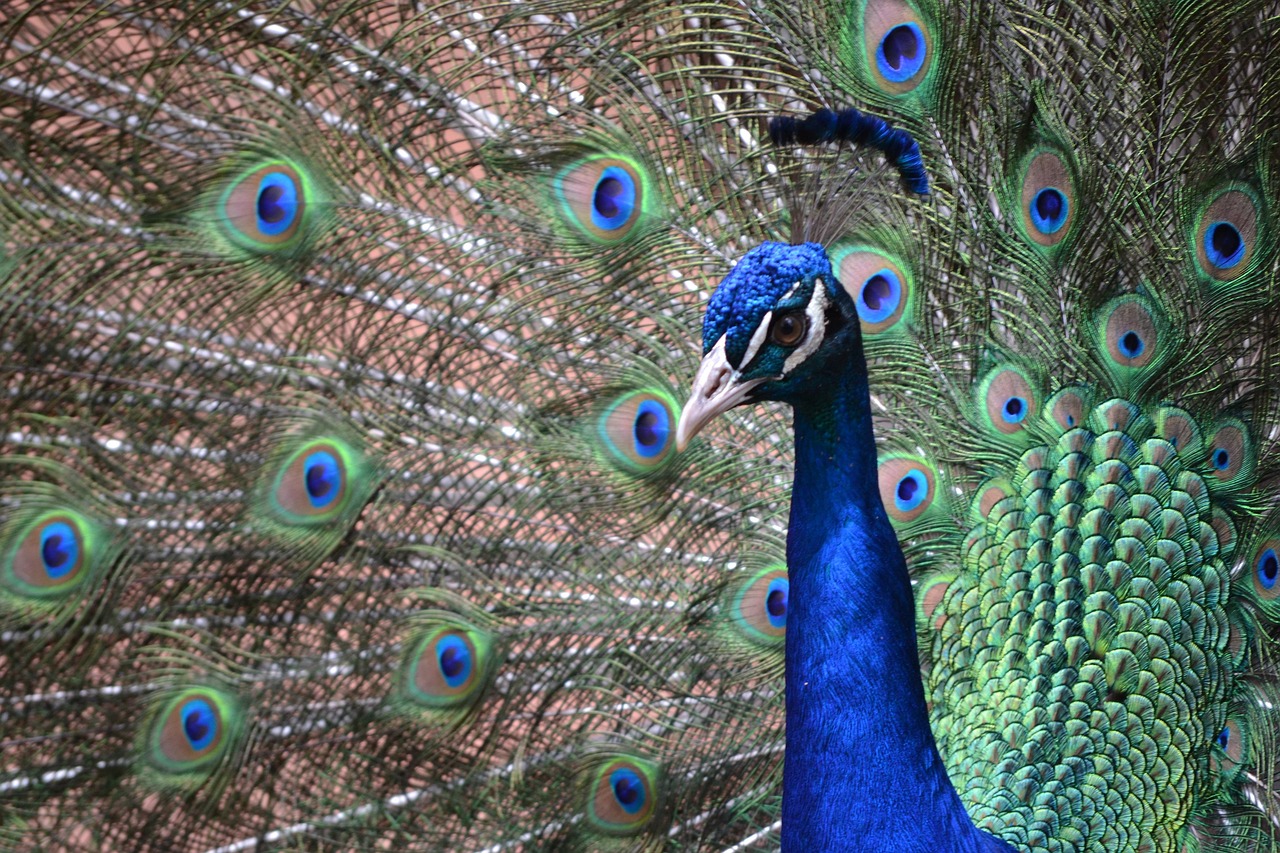📧Sign up to receive updates via email! Make sure to select "Development Code Updates In-Progress" on the subscription topics list.
Project Summary 
Planning and Environmental Review (PER) has initiated an effort to amend Chapters 3 and 7 of the Sacramento County Zoning Code pertaining to Incidental Keeping of Animals, specifically Roosters. The proposed Zoning Code amendments aim to address increasing concerns related to public health, safety, and land use compatibility. These changes are being proposed in coordination with updates to Sacramento County Code Title 8 by Animal Care Services, which are intended to further deter illegal activities involving roosters. The proposed County Code and Zoning Code amendments will not change any requirements for our commercial poultry farmers.
County staff have been actively coordinating with the County Agricultural Advisory Committee and various agricultural organizations and businesses to ensure their concerns regarding the impact of illegal operations on their businesses are addressed without adding any additional requirements for legitimate commercial operations, educational programs and related services.
Proposed Amendment (November 2025)
As part of the amendment process, the County conducted community outreach and hosted a public workshop in August and September of 2025 to gather community feedback. Comments focused on issues such as the number of roosters allowed, the process to exceed those limits, enforcement timing, permitting requirement and neighborhood noise concerns.
Following the workshop, staff also met with community groups, agricultural groups, and other stakeholders to gain a deeper understanding of community needs and ensure that the regulations strike a fair balance between addressing neighborhood impacts and preserving legitimate agricultural practices.
In response to the feedback received, the proposed amendments have been further refined. Key updates include changes to enforcement timing, clarification of noise standards for residential areas, revisions to the number of roosters allowed, revisions to development standards to allow for additional chicken coop sizes and elimination of the previous permit process. Under the revised approach, breeders, hobbyists, and other legitimate rooster keepers may exceed the standard limits through registration with the Agricultural Commissioner.
Proposed Amendment (August 2025)
The version of the amendment presented in August 2025 is no longer being proposed. Based on community feedback and continued coordination with stakeholders, a revised amendment is now being proposed as of November 2025.
The primary changes include limiting the number of roosters allowed per property and increasing the minimum lot size for their keeping. These updates respond to a rise in complaints related to noise, sanitation, and neighborhood compatibility, as well as ongoing illegal activities such as cockfighting and the associated risks of disease transmission, including Highly Pathogenic Avian Influenza (HPAI). The intent of these changes is to mitigate the negative impacts of illegal activities and nuisance while preserving agricultural uses that are consistent with the character and goals of Sacramento County's diverse communities.
The amendments also eliminate the use permit requirement for agricultural education programs, recognizing the value to youth development and animal stewardship. New permitting requirements will apply to non-commercial rooster keeping. A Minor Use Permit will be required for hobbyists, while a Temporary Use Permit will be needed for residential zoning districts (RD-1 through RD-10). These processes are intended to provide flexibility for legitimate, small-scale activities while ensuring compatibility with surrounding uses. These standards are consistent with those in other jurisdictions, though Sacramento County's use of Temporary and Minor Use Permits offers added flexibility as compared to others. The updates also clarify dust, odor, and vector control requirements, reinforce that rooster keeping must be incidental to a primary residential use, and clarified the definition of “commercial" agricultural operations in Chapter 7.
Project Timeline
Initiation
| December 2024
|
Project Analysis
| January - June 2025
|
Draft Zoning Code
| July 2025
|
Public Outreach and Community Hearings
| August - October 2025
|
Countywide Crowing Fowl Workshop
| November 10, 2025
|
Agricultural Advisory Committee Meeting
| December 10, 2025 at 6:30 P.M.
|
Public Hearings for Adoption
Planning Commission Hearing
Board of Supervisors Hearing |
February 9, 2026 at 5:30 P.M.
Estimated March 2026
|
Post-Adoption Implementation
| TBD
|
Project Outreach
You can sign up to receive email or mobile text updates for future meeting information. Make sure to select "Development Code Updates In-Progress" on the subscription topics list.
Upcoming Meetings:
Planning Commission - February 9, 2026 at 6:30 P.M.
700 H Street, Suite 1450Sacramento, CA 95814
Past Meetings:
Agricultural Advisory Committee Meeting - December 10, 2025
Countywide Crowing Fowl Workshop - November 10, 2025
Carmichael CPAC Meeting Summary - September 10, 2025
Countywide Crowing Fowl Workshop (Planning Commission) - September 9, 2025
Cosumnes CPAC Meeting Summary - August 27, 2025
North Highlands CPAC Meeting Summary - August 26, 2025
Agricultural Education Stakeholder Meeting - March 4, 2025
Agricultural Advisory Committee (AAC) - December 11, 2024
Frequently Asked Questions
What is a Crowing Fowl and why are roosters being regulated separately from Crowing Fowl?
Sacramento County Zoning Code Chapter 7 defines Crowing Fowl as: Any rooster, peacock, goose, quacking duck, or guinea fowl.
While all crowing fowl can create noise, the proposed Zoning Code Amendment is specifically focusing on roosters due to the volume of complaints and enforcement issues directly tied to them.
Through public outreach, community members consistently identified roosters as the most problematic species in terms of noise, nuisance, and their association with illegal activities such as cockfighting. As a result, the County is prioritizing targeted regulations that address roosters rather than broadly regulating all crowing fowl.
The proposed Zoning Code amendments are intended to address growing concerns related to public health, safety, and land use compatibility. These changes are being developed in coordination with updates to County Code Title 8 by Animal Care Services to further deter illegal activities involving roosters. It's important to note that these amendments will not affect commercial poultry operations, which remain subject to separate standards.
How can I contact the County or provide feedback about this Zoning Code Amendment?
If you have an inquiry or comment please contact the Project Manager:
Young Choi, Associate Planner
(916) 875-3118
choiy@saccounty.gov
How can I stay informed about this project?
You can sign up to receive email or mobile text updates regarding this project. Make sure to select "Development Code Updates In-Progress" on the subscription topics list.



